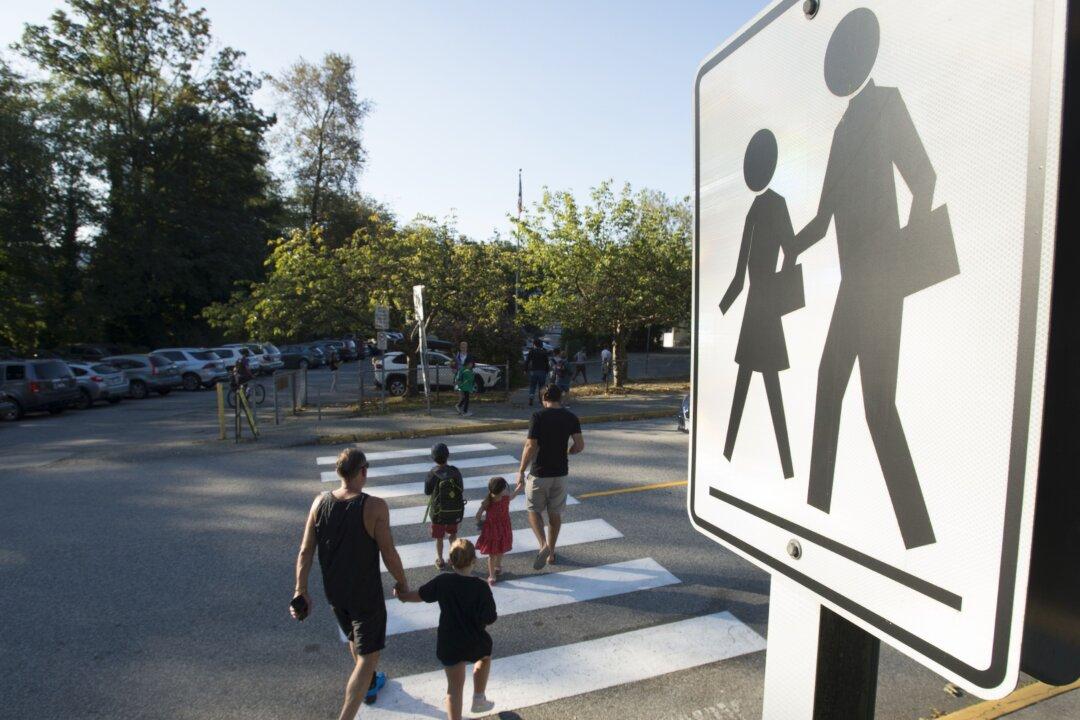Many top provincial officials across Canada have recently said parents have a right to know if their children are changing genders at school. Although the push to keep this secret is still strong, especially in some provinces, “the tide is rather quickly changing,” says activist Julia Malott.
Malott is a transgender person who has long spoken against the common practice of schools encouraging gender transition without parental consent, and has been involved in back-room talks with the Ontario government on the issue. Although Malott knew Education Minister Stephen Lecce was likely to speak for parental rights at some point, the early timing of his announcement came as a surprise.





